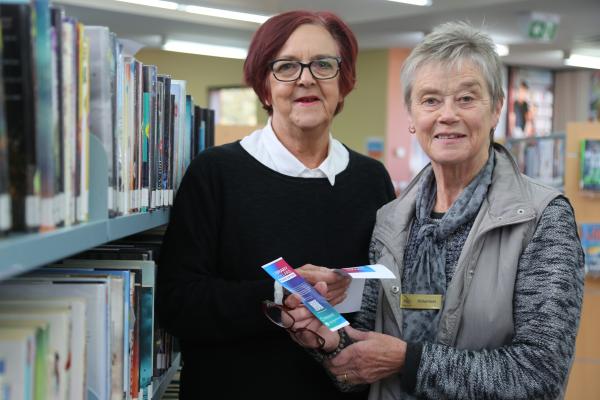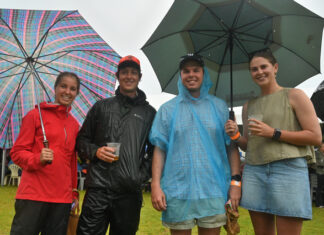The need to read

Digital Edition
Subscribe
Get an all ACCESS PASS to the News and your Digital Edition with an online subscription
Beachport Crayfish Fest powers through torrent
DESPITE heavy rains forecast for all of last weekend, the Beachport Crayfish Festival persisted through the mud and the wet to put on a...







